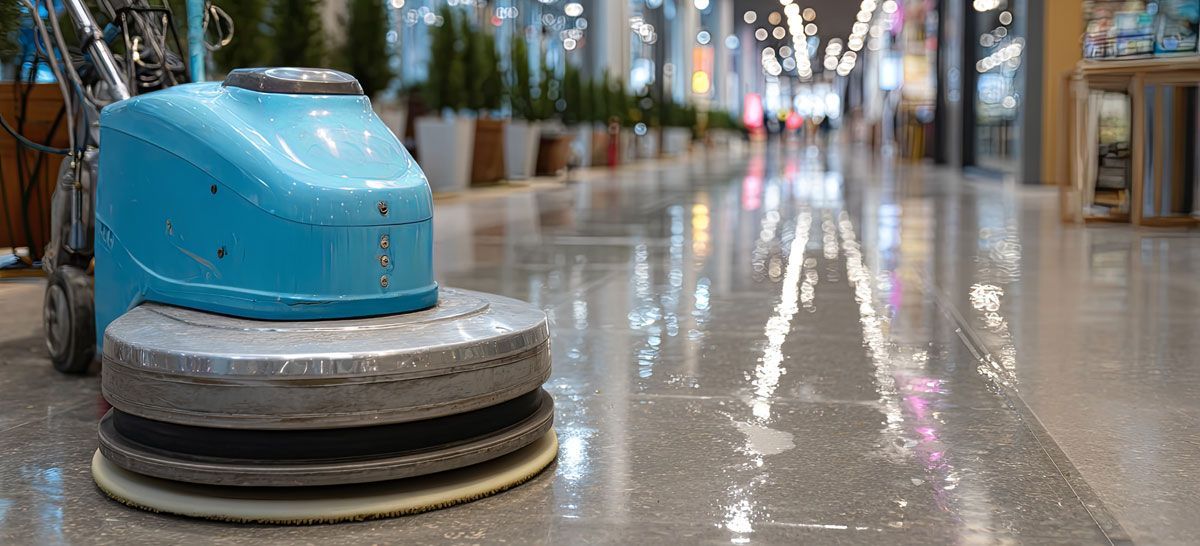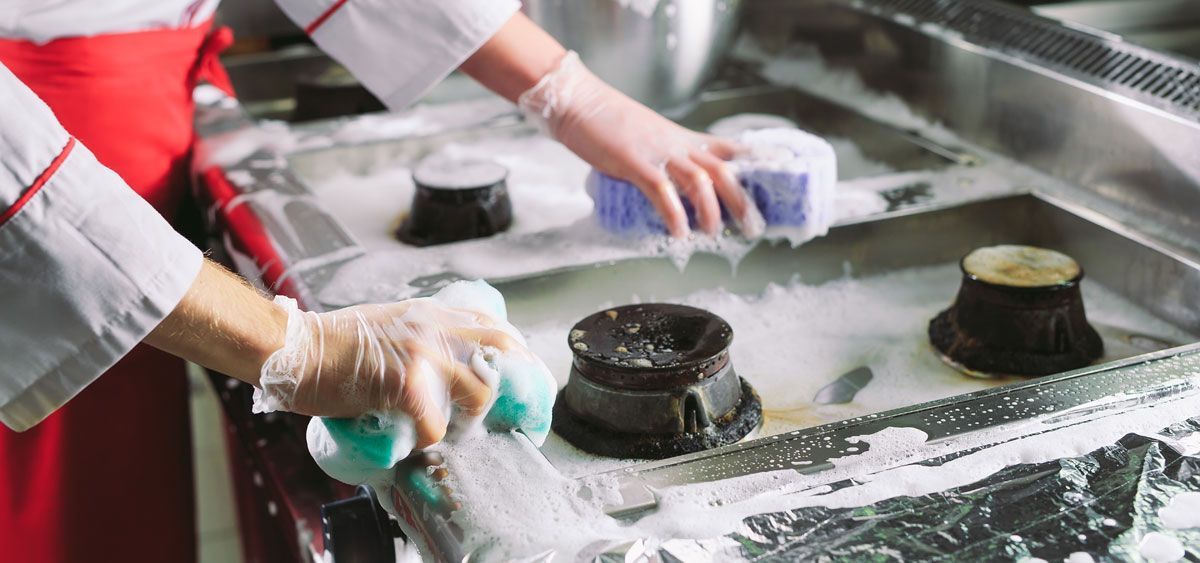How to Audit Your Commercial Cleaning Contract for Hidden Gaps

Cleaning often happens after hours and out of sight, and with facility managers juggling countless other priorities, small issues can go unnoticed until they become bigger problems, especially if your cleaning company lacks its own quality assurance or inspection process.
If your building isn’t looking as clean as it used to, or if you’re noticing inconsistencies in cleaning quality, it may be time to conduct a contract audit. A detailed review can reveal missing clauses, outdated scopes of work, or unclear expectations that could be costing you money or leaving your facility at risk.
Step 1: Review the Scope of Work in Detail
Start by comparing your contract’s scope of work with your facility’s actual needs. Many contracts include generic cleaning lists that don’t account for your building’s specific materials, traffic levels, or operational hours.
Ask yourself:
- Does the cleaning schedule match the frequency your business requires?
- Are all important areas covered, like restrooms, lobbies, stairwells, elevators, kitchens, and exterior entryways?
- Are specialized surfaces like stone, vinyl, or glass mentioned with appropriate cleaning methods?
A vague scope may lead to misunderstandings. For example, if “floor cleaning” isn’t defined, your provider might only mop visible areas rather than perform deeper maintenance like scrubbing, waxing, or sealing when needed. An effective contract should clearly state what tasks are performed, how often, and to what standard.
Step 2: Check for Accountability and Performance Standards
Your contract should clearly define what “clean” means for your facility. Look for measurable quality standards such as cleanliness checklists, inspection schedules, or service-level agreements (SLAs). Establishing objective performance evaluations can be difficult with something as subjective as cleaning quality, but setting expectations and maintaining standards is a necessity.
Many cleaning companies include general promises (“maintain a professional appearance”) but leave out specific metrics. A strong contract will specify:
- Inspection frequency: How often management conducts quality checks.
- Communication protocols: How issues are reported and resolved.
- Response times: For emergency cleanups, spills, or after-hours incidents.
- Corrective measures: Steps taken if standards are not met.
Without these built-in benchmarks, it becomes difficult to hold your cleaning provider accountable when service quality slips.
Step 3: Identify Gaps in Specialty Services
Even comprehensive contracts can miss specialty cleaning needs that arise seasonally or periodically. For instance:
- Carpet extraction or floor stripping and waxing may be listed as “as needed” but never scheduled.
- High-dusting for vents or ceiling fixtures may not appear at all.
- Some services you expect to be standard might require separate add-on agreements.
If your facility experiences high traffic during certain seasons such as retail stores in winter or schools in the fall, verify that your contract includes provisions for additional cleaning support during these times. Missing these details could lead to unexpected costs or cleanliness issues during peak demand.
Step 4: Evaluate Supply and Equipment Responsibilities
Who provides cleaning supplies and equipment, the contractor or your business? This detail can significantly affect both cost and quality.
An unclear section on consumables (such as paper towels, trash liners, or soap) can result in double-billing or inconsistent stock levels. Similarly, outdated or poorly maintained equipment can lead to subpar results and even floor damage.
Your contract should clearly state:
- Whether supplies are included or billed separately.
- What brands or standards are used (e.g., green-certified products).
- The maintenance schedule for machines such as auto-scrubbers or vacuums.
If your current cleaning partner doesn’t specify these details, it’s worth revising the agreement before renewal.
Step 5: Review Termination and Renewal Clauses
It’s easy to overlook renewal terms until you find yourself locked into an underperforming contract. Check for auto-renewal clauses that require notice months in advance if you wish to cancel or renegotiate.
Make sure your agreement includes a performance-based termination option, allowing you to end the contract without penalty if repeated service failures occur. A flexible exit clause encourages accountability and ensures your provider maintains high-quality standards throughout the term.
Step 6: Compare Contract Promises to Actual Results
Finally, evaluate whether the cleaning you’re receiving aligns with what’s written in the contract. Walk your facility and note any recurring issues: streaked glass, overflowing trash bins, neglected corners, or restrooms that fall below standards.
If you find inconsistencies, document them and bring them to your provider’s attention. A professional cleaning partner will appreciate the feedback and adjust accordingly. If not, your audit will provide the evidence you need to renegotiate or switch vendors confidently.
Partner with ProEthic Building Services for Transparent, Reliable Cleaning
If your audit reveals gaps, it may be time to look for a cleaning provider that values communication, accountability, and attention to detail. ProEthic Building Services specializes in customized commercial cleaning programs with transparent contracts and measurable performance standards.
Contact us at ProEthic Building Services today by calling (480) 725-8912 to schedule a free consultation and review of your current cleaning contract.



